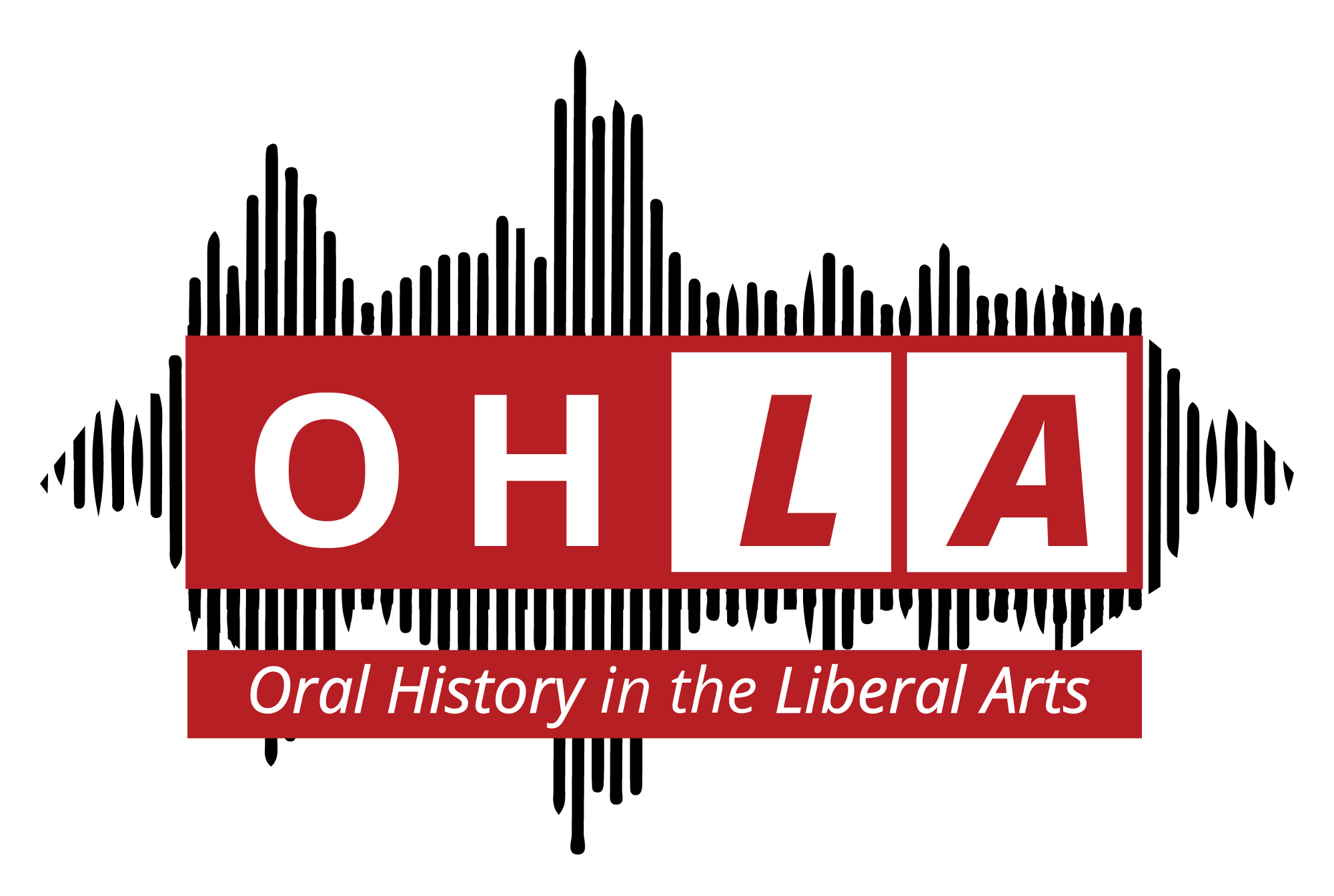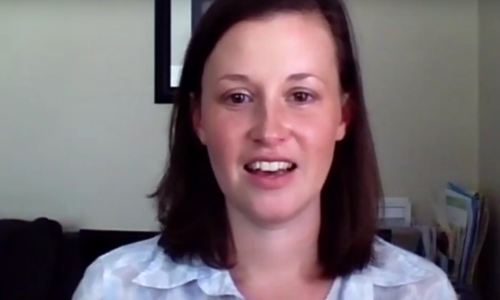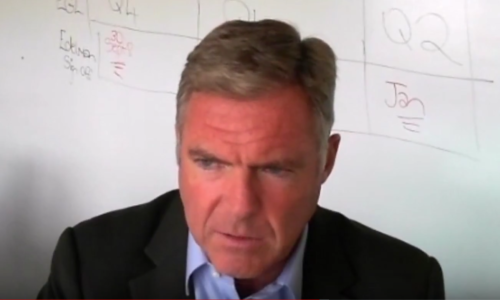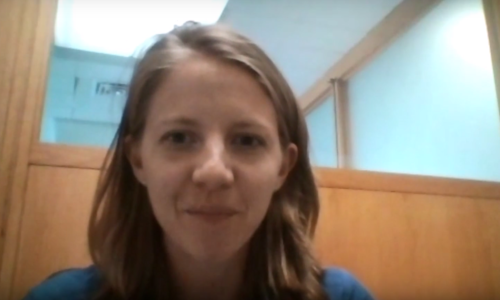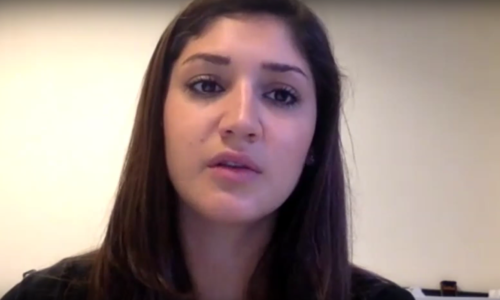About the Project
What can you do with an English degree? Every English major has heard this question too many times to count . . . from friends, family, bosses, coworkers, teammates, and the list can go on and on. I know this because I was once an English major. By the time I finished graduate school in English, I had fielded that question for fifteen years. And honestly, during that time, I didn’t know how to answer it. I would shrug my shoulders and say, “I don’t know. Teach? I guess?”
Now that I am in fact a teacher, I want my English students, and students across the humanities, to have a much better answer to that question than I did. Teaching is one fine profession to pursue with an English degree, but in reality, English majors pursue a wide variety of career paths. Helping that reality come alive for current and future students is where this project comes in.
“Literature and Professional Life: A Digital Life Stories Archive” is an ongoing research project that uses oral history methodologies to gather information about the professional experiences of Denison English department alumni. It’s easy enough to find data attesting to the salary ranges and variety of career paths for English majors, but showing students a pie chart won’t necessarily spark their imagination or help them understand how an English degree can get them from A to B on a certain career path. “Literature and Professional Life” is not a data-gathering endeavor; rather, its goal (or at least one of its goals) is to demystify the transition from college to the professional world by capturing the stories of people who have been there.
In her introductory post to the OHLA blog , Emily Yochim rightly warns against the neoliberalizing trend in higher education, which “encourage[s]” students “to calculate the ‘return on investment’ for their education in terms of post-graduate salary.” Such an attitude steers students away from the ostensibly less profitable arts and humanities majors. Indeed, a report by the Georgetown University Center on Education and the Workforce does just that. But if you read past the executive summary of the report and dig into the data, you’ll find, as Robert Matz reported at a 2016 MLA panel, that although humanities majors, including English majors, may not, on average, be swimming in money, like all bachelors degrees, English degrees “yield a significant economic payoff.”
Nevertheless, data captures just one sliver of a very complex reality. Oral histories, by contrast, flesh out the totality of a situation, filling in fine details and connecting the dots between a series or cluster of events. My hope is that hearing about the fulfilling, varied, and, yes, sometimes complicated professional lives some English graduates have led may reduce students’ anxieties about their post-collegiate lives so they can truly commit to, trust in, and indulge in the holistic educational model of a liberal arts curriculum.
Listen to the Interviews
Project Team




